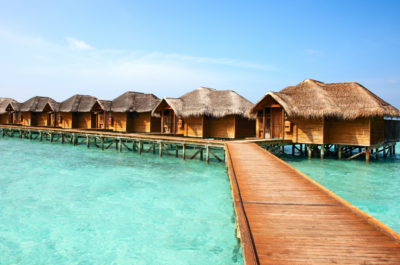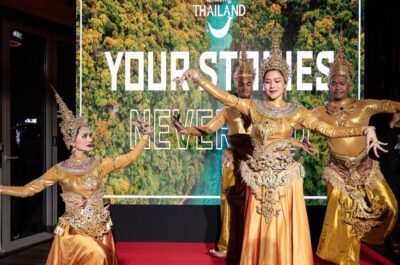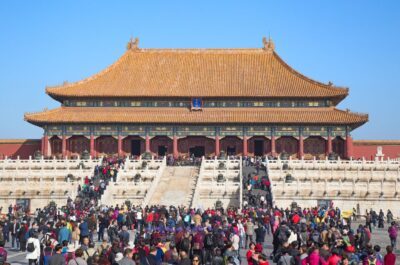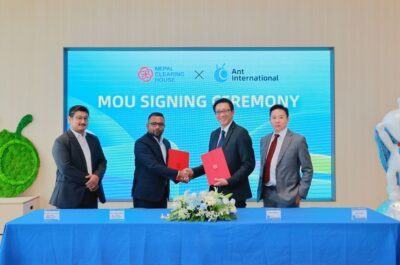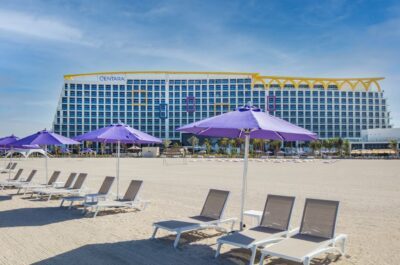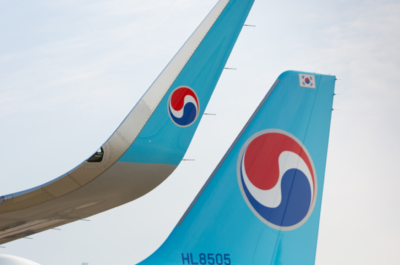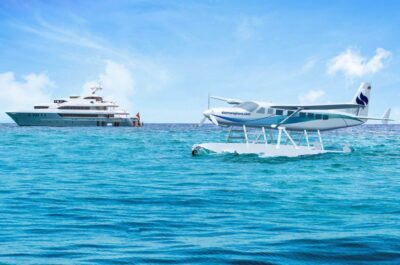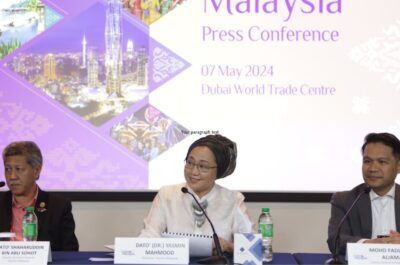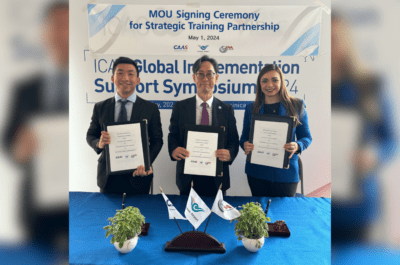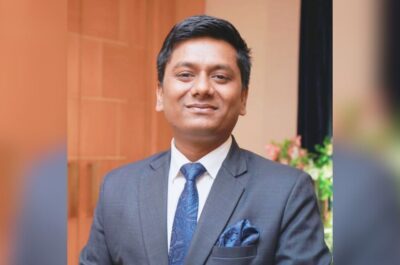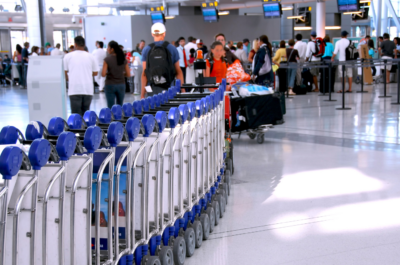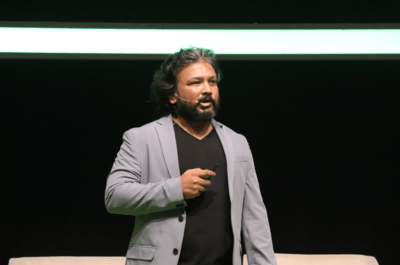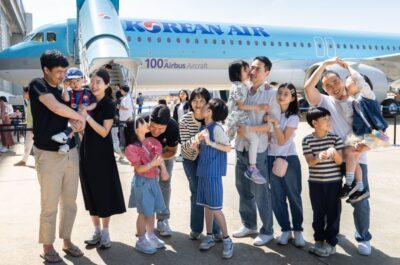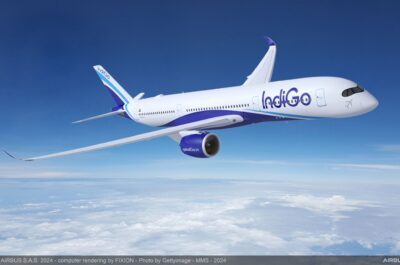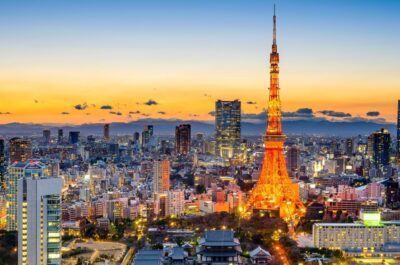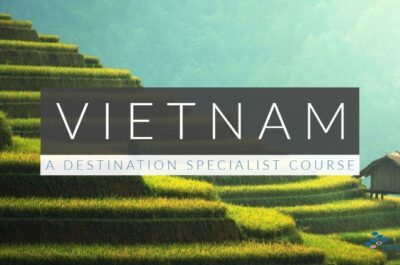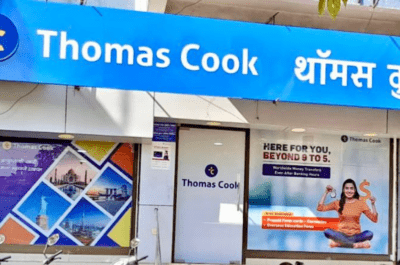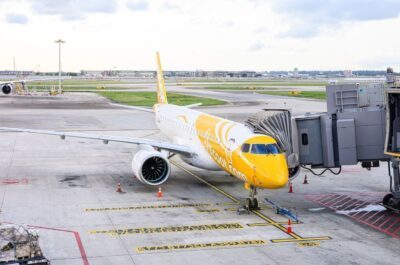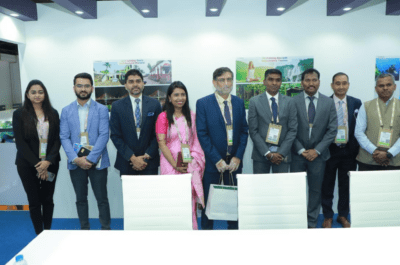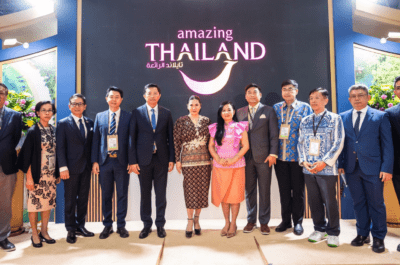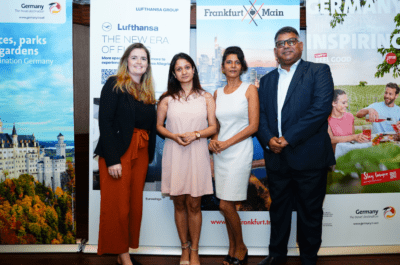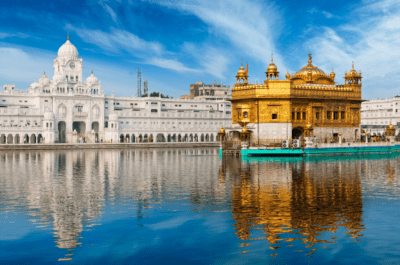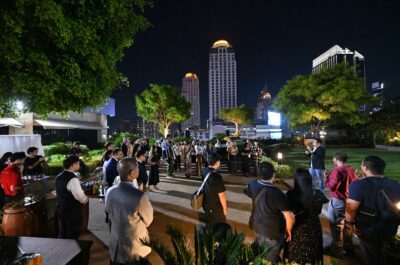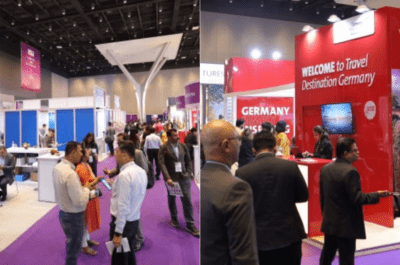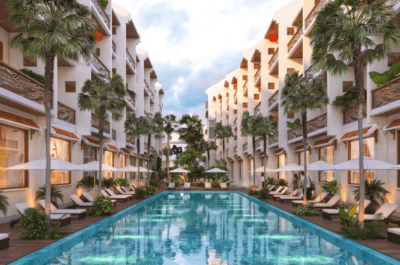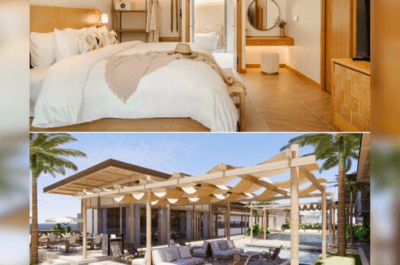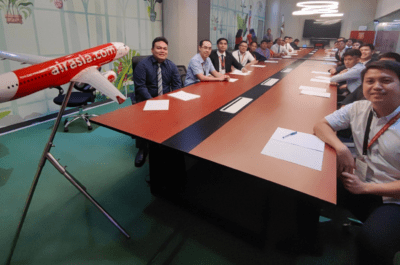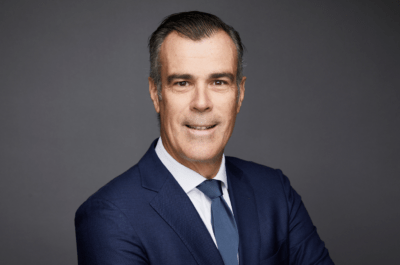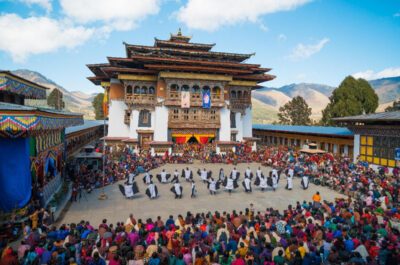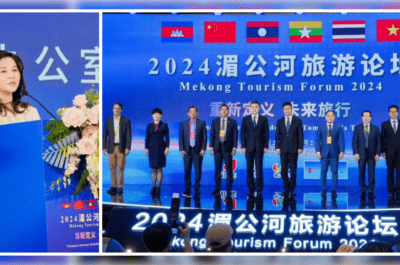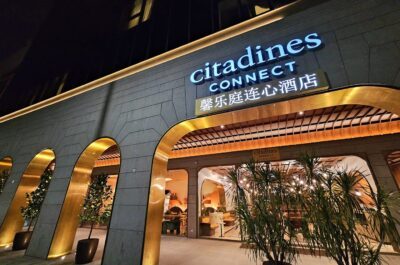The market-based approach to capping and trading carbon emissions is currently “anarchic” and will not necessarily help the poor, according to Professor Mohan Munasinghe, Vice Chair of the 2007 Nobel Prize-winning Intergovernmental Panel on Climate Change (IPCC). Nor will cap and trade give them the resources to adapt to…
 The market-based approach to capping and trading carbon emissions is currently “anarchic” and will not necessarily help the poor, according to Professor Mohan Munasinghe, Vice Chair of the 2007 Nobel Prize-winning Intergovernmental Panel on Climate Change (IPCC).
The market-based approach to capping and trading carbon emissions is currently “anarchic” and will not necessarily help the poor, according to Professor Mohan Munasinghe, Vice Chair of the 2007 Nobel Prize-winning Intergovernmental Panel on Climate Change (IPCC).
Nor will cap and trade give them the resources to adapt to climate change.
“Carbon markets need the appropriate rules; a framework in which the potentially trillion-dollar industry can operate,” he told Pacific Asia Travel Association (PATA) Board and Committee members yesterday (6 April) in Colombo, Sri Lanka.
Sri Lanka is hosting the PATA Annual Meeting, of which the scene-setting session, “Climate Change – Obstacle and Opportunities” featuring Prof Munasinghe, was a part.
Prof Munasinghe, himself a Sri Lankan as well as an internationally respected expert on sustainable development, described climate change as undermining sustainable development efforts to help the poorest in the world, by disproportionately and unfairly impacting those same people.
There are many obvious examples of unsustainable practices that exist today, and there are many actionable things that individuals and businesses can do now to help mitigate the effects of climate change, he said.
“You, as members of the travel and tourism industry, are empowered to change this,” he added. “Businesses can start today to implement the many examples of good practices that have positive impacts on the triple bottom-line: financial, natural and social.”
For example, Prof Munasinghe said reforestation and energy conservation are not new concepts; rather they are “old lessons of history”.
As a case study of what can be achieved, BAA Director of Strategy and Solutions Nick Barton addressed the audience of more than 130 Asia Pacific travel and tourism leaders about the dilemma his organisation finds itself in: Balancing the aviation growth objectives demanded by the UK government (“300%”) with the obligation to reduce its airports’ carbon footprints.
Mr Barton said aviation was increasingly being perceived as a selfish activity in an environment where the awareness of climate change and its importance had never been higher.
A poll he cited showed 97% of the British public were aware of climate change and 81% thought it was important.
BAA has revised upwards its targeted carbon reductions from 15% below 1990 levels by 2010, which Mr Barton said BAA was on target to achieve, to 30% below 1990 levels by 2020.
These targets he said would include the footprints of the new terminals and runways needed to meet growth targets.
Mr Barton outlined several measures BAA was taking for both new and existing infrastructure.
These include biomass tri-generation; use of photovoltaics and micro-renewables; gasification (deriving energy from waste); and ground coupled chiller heat pumps (GGCHP).
Importantly, BAA’s corporate culture is embracing the need to mitigate. For example, some 6,000 of BAA’s staff are involved in car-pooling programmes for commuting to and from work, said Mr Barton.
The PATA Annual Meeting took place in Colombo, Sri Lanka will help define the agenda for Asia Pacific’s peak travel and tourism body over the next 12 months and beyond.
PATA President and CEO Peter de Jong commended Sri Lanka Tourism for positioning itself as a world leader in responsible tourism and for responding to the universal threat of climate change with the unique Earth Lung initiative.
Mr de Jong urged travel and tourism stakeholders to come to the PATA CEO Challenge 2008: Confronting Climate Change, April 29-30 in Bangkok, Thailand to share best practices and commit to positive action.
Sri Lanka Tourism Chairman Renton de Alwis presented the Earth Lung initiative at the event. And BAA shared its initiatives during the Boardroom Challenge on aviation.
Theodore is the Co-Founder and Managing Editor of TravelDailyNews Media Network; his responsibilities include business development and planning for TravelDailyNews long-term opportunities.
